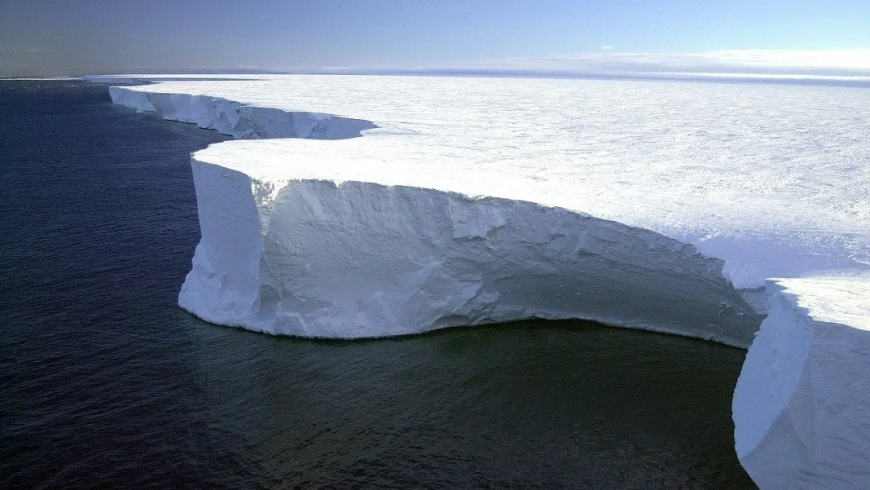Antarctic Ice Loss: A Climate Tipping Point Unveiled – Scientists Warn of Irreversible Consequences
Scientists warn that rapid Antarctic ice loss may trigger a climate tipping point, leading to irreversible sea-level rise, disrupted ocean currents, and global environmental impacts.

In August 2025, a landmark study published in Nature highlighted the rapid and unprecedented loss of Antarctic sea ice, suggesting that the continent may have reached a critical climate tipping point. This phenomenon poses significant threats to global sea levels, ocean currents, and marine ecosystems. In this article, we delve into the latest research findings, expert insights, and visual timelines to understand the gravity of the situation.
Understanding the Tipping Point
A comprehensive study published in Nature warns that the accelerated melting of Antarctic sea ice could lead to a self-reinforcing feedback loop. As ice melts, less sunlight is reflected away from the Earth, leading to increased ocean warming. This, in turn, weakens the Antarctic Overturning Circulation, a crucial component of global climate systems. Lead author Nerilie Abram emphasizes that even with immediate reductions in carbon emissions, the damage may be irreversible for centuries.
Visual Timelines of Ice Melt
To illustrate the extent of Antarctic ice loss, Reuters has provided detailed visual timelines. These graphics showcase the dramatic decline in sea ice extent over recent decades, emphasizing the urgency of the situation. For a comprehensive view, refer to the Reuters article on the rapid loss of Antarctic ice.
Global Implications
-
Sea-Level Rise
The melting of Antarctic ice contributes significantly to rising sea levels. If the West Antarctic Ice Sheet were to collapse entirely, global sea levels could rise by over a meter, threatening coastal cities worldwide.
-
Disruption of Ocean Currents
The weakening of the Antarctic Overturning Circulation due to ice loss can disrupt ocean currents, leading to altered weather patterns and climate systems globally.
-
Impact on Marine Ecosystems
The decline in sea ice affects marine life, including krill populations, which are vital for the Antarctic food chain. This disruption can have cascading effects on species such as penguins and seals.
Expert Insights
Dr. Nerilie Abram, a leading climate scientist, warns that the rapid loss of Antarctic ice may be a tipping point in Earth's climate system. She emphasizes the need for immediate and sustained global efforts to mitigate further damage.
Conclusion
The accelerating loss of Antarctic ice underscores the urgent need for comprehensive climate action. Without significant reductions in greenhouse gas emissions, the planet may face irreversible changes with profound implications for future generations. It is imperative that global leaders and communities collaborate to address this critical issue.
References














